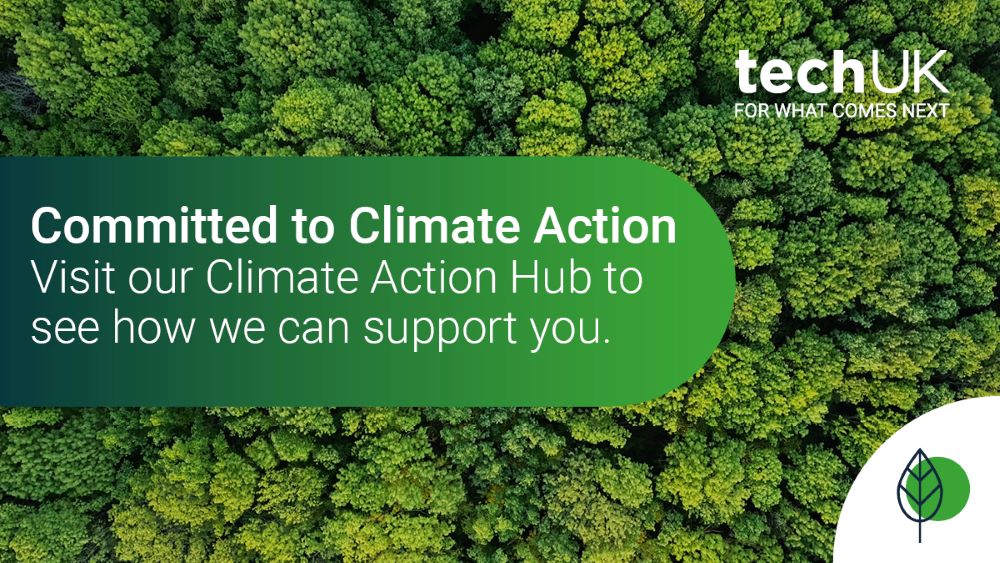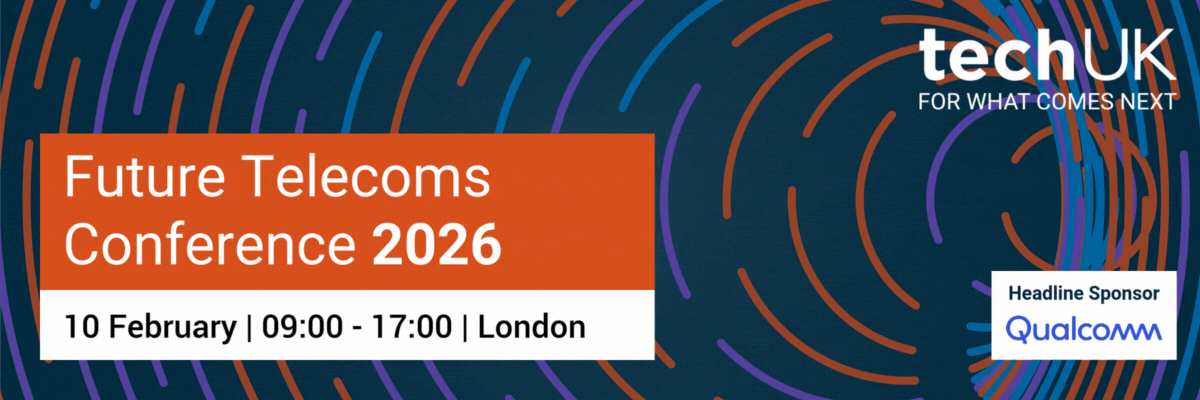Sustainability and Greenwashing: The Challenges of Being on the Frontline when there’s Little to Say (Guest blog by Brand Champion Bootcamp)
The world is changing more rapidly in a direction where sustainable practices have become paramount to the future of the planet. Being perceived as sustainable or at least committed to environmental and climate action is also now a key marker for the future success of a brand.
The bottom line is and will continue to be increasingly impacted in line with the importance of sustainability. Customers and partners are already seeking to work with organisations who showcase environmental commitments and credentials, aligning with their personal and business values as much as possible.
But what if your company is only at the beginning, or has achieved the minimum so far, and therefore has little to offer in terms of its journey?
Cue greenwashing. Whether intentional or not.
Representing a commitment to sustainability and communication of progress is essential. If a business isn’t doing this, it is likely to be marked down.
For those who have nothing much to share, a reliance on incorporating visual content into marketing collateral that at least symbolise climate action has begun. In some cases, unsubstantiated claims have been made to keep up with competition.
The difficulty comes when these messages and the marketing that presents a business as being environmentally friendly come under scrutiny. And the backlash when a company does not live up to perception or expectation can have a significant impact on the brand’s reputation.
Retailers H&M, Zara and Primark being accused of breaking clothing recycling promises by instead downcycling, destroying or dumping donated clothes is just one case that has hit the public eye in recent weeks. 18 entities were called out for greenwashing in 2022 and in 2023, and companies will be required to disclose data regarding digital climate misinformation to the public, including mitigation efforts and incur fines by the government this year.
So, we can take from this that greenwashing is a big no-no.
But it remains a huge concern for those who are on the frontline needing to champion their brand and deliver sustainability news and updates.
In recent years, I’ve received a marked increase of media training requests for people who are either directly putting themselves in the hot seat; CSO, CISO, Head of Sustainability – usually a brand-new role for a business - or people within the organisation who have a passion for the topic.
You would be surprised at how many admit within the NDA environment of a training workshop to having anxiety about being interviewed by a journalist, because they fear that what they have to say isn’t robust enough: that they or their business might be pulled over the coals, laughed at and/or accused of greenwashing.
So, what can you do if you are about to take part in a brand champion engagement and sustainability might end up on the agenda?
When preparing for a journalist interview, panel discussion, podcast or any other spokesperson engagement platform, feeling confident and being positive and knowledgeable are just three of the key components to being credible and doing your brand justice with its audiences.
Follow these three tips as a starter for ten to banish the greenwashing nerve
1 .Pull as many facts together as you can, no matter how small, about what your company is actually doing, has achieved, is pledging to achieve. Ask HR, Legal, Customer Services, your CFO and their team etc. If you don’t already have a cheat sheet.
Chose from this list the one or two examples that really stand out to you personally.
Why do you care about it/them? Why do they make you proud?
What is your hope for the future in this area?
Do you have a personal anecdote to add – something you’ve experienced directly related to the fact?
These examples become your stories. Even one can be enough, but you need to have at least one up your sleeve. The facts and your personal feelings about it, can bring to life something quite small but be engaging enough that the interviewer is satisfied. There is only so much they can cover in an article or podcast after all.
2. Prepare for the worst
What questions do you dread being asked? Be honest with yourself and ask colleagues what they would add to the list if they wanted to ‘catch your company out’? Make sure you know of anything related to sustainability that your company may not have done or handled well, including looking back at marketing efforts that may be conceived as presenting green credentials you may not have.
Work through: how might you acknowledge each of them in turn? What’s the fact that you can share to help the audience understand the current status or future plan?
Acknowledging a tricky question – the fact that it’s been asked and you have a fact to share in response, is enough. You don’t have to answer them fully. And after acknowledgement with a simple response, you can then continue to talk, springboarding into sharing something you can and do want to talk about (your prepared stories can help here)
3. Have a magnetic message ready to go to help with your introduction and ‘final words’
Focus on the macro topic of the brand champion engagement – why are you interested in taking part in the discussion? What do you look forward to sharing?
Create a couple of sentences that you can use as a ‘great to be here’ / ‘thank you for having me’ that ensure that the main message you want to convey is included and heard by the audience.
There are three Golden Moments where an audience listens most: when you introduce yourself, when you’re wrapping up, and a story you tell somewhere in the middle. Make the most of these three moments and keep on track with what you want your audience to remember by having it prepped.
Whether it’s a sustainability pledge or achievement (again, no matter how small), or a focus on the topic at hand, own the agenda by setting the scene and signing off appropriately. That way, if you do find yourself stuck at any point during the engagement itself, the three moments will see you through.
Author
Rebecca Jabbar is a highly experienced media & presentation skills trainer. She is passionate that everyone required to represent their business as a spokesperson should feel confident in being engaging, authentic and credible; and believes that only then will the important messages they have to deliver be heard and understood.
Clients work with her through tailored corporate workshops or on-demand training via the The Brand Champion Bootcamp - an eLearning media and presentation skills self-study course supported by two hours of live group coaching.
techUK - Committed to Climate Action
Visit our Climate Action Hub to learn more or to register for regular updates.
By 2030, digital technology can cut global emissions by 15%. Cloud computing, 5G, AI and IoT have the potential to support dramatic reductions in carbon emissions in sectors such as transport, agriculture, and manufacturing. techUK is working to foster the right policy framework and leadership so we can all play our part. For more information on how techUK can support you, please visit our Climate Action Hub and click ‘contact us’.
Climate, Environment and Sustainability updates
Sign-up to get the latest updates and opportunities from our Climate, Environment and Sustainability programme.
Upcoming climate events





